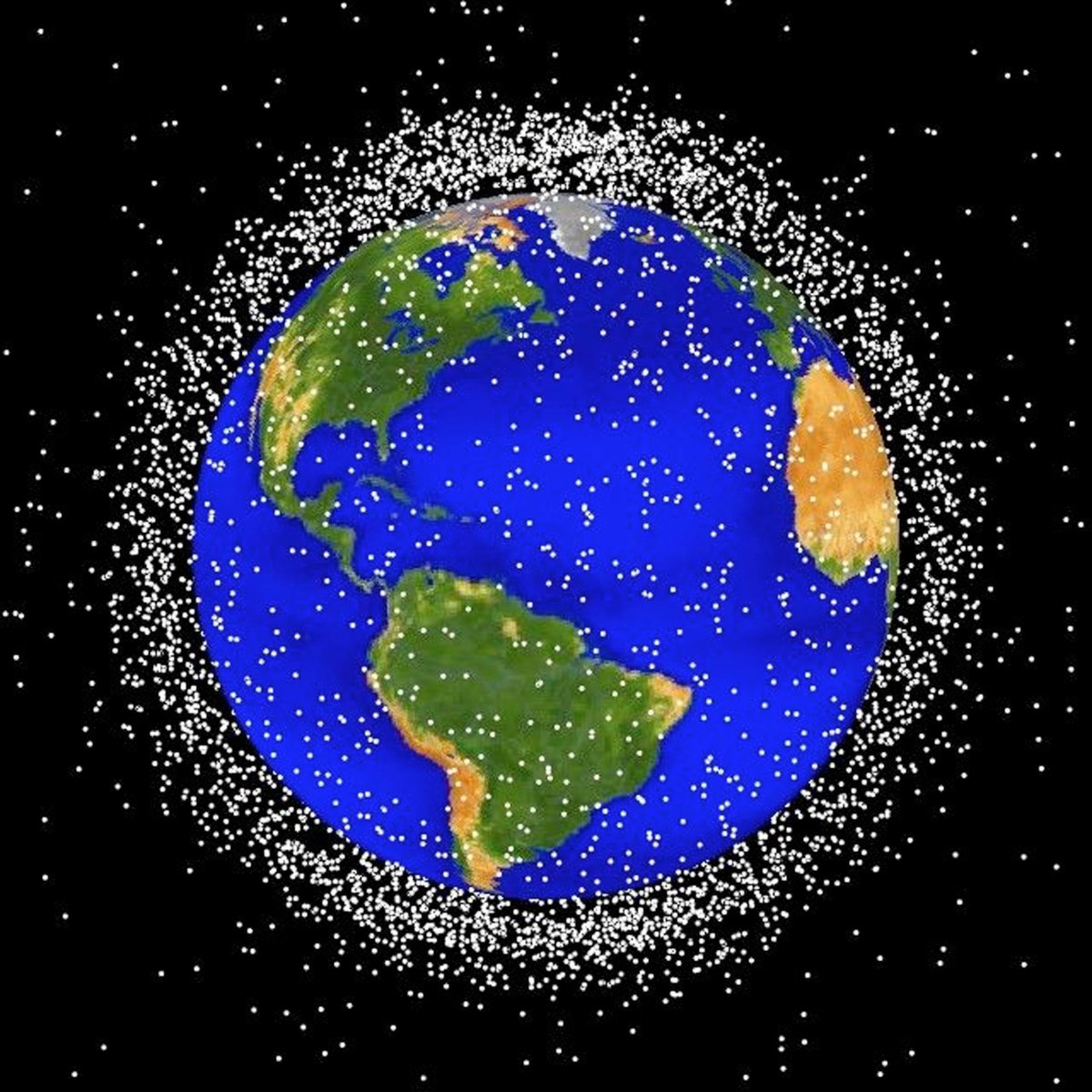After six decades of space exploration, Earth is surrounded by a giant cloud of satellites and fragments of former satellites. But the more instruments we put into orbit, the greater the risk that two will collide—and it turns out that understanding what happens during a collision is challenging.
Scientists at the European Space Agency are trying to change that by modeling more gruesome collisions between larger satellites, which so far have been very rare. People are more worried about smaller pieces of space debris hitting each other—which still do serious damage.
At 1,000 pounds apiece, collisions get even messier. "We want to understand what happens when two satellites collide," Tiziana Cardone, an engineer at the agency that is leading the project, said in a press release. "This is really unknown territory."
Usually, engineers are most concerned with how rockets and satellites will fare during launch, which is violent enough to destroy poorly built equipment. In comparison, orbit is smoother sailing.
Satellites have collided only four times in the past 30 years. Scientists gathered what data they could about those impacts but each event was very different; it's difficult to form generalizations about cause.

Scientists had expected that collisions would create large clouds of smaller pieces of debris that could be used in data gathering. However, only one of the four collisions to date have actually done that.
The ESA team is working to develop new computer models to unpack the complicated physics of a space-bound collision. Right now, they're still building up to the 1,000 size, focusing on smaller collisions. Then, they can apply what they learn there to the worst collisions—hopefully before any more real collisions take place.
Uncommon Knowledge
Newsweek is committed to challenging conventional wisdom and finding connections in the search for common ground.
Newsweek is committed to challenging conventional wisdom and finding connections in the search for common ground.
About the writer
Meghan Bartels is a science journalist based in New York City who covers the science happening on the surface of ... Read more
To read how Newsweek uses AI as a newsroom tool, Click here.








